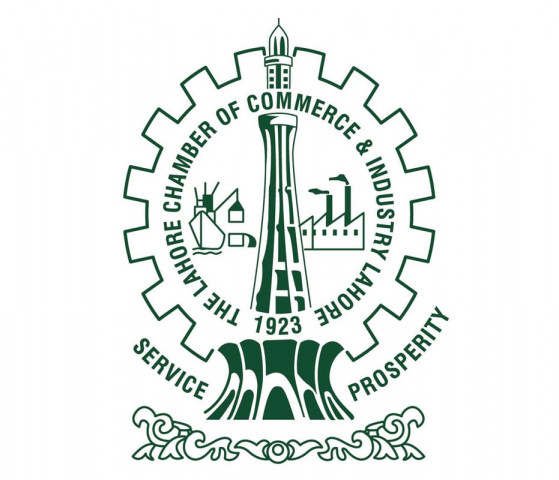LCCI stresses on govt-private sector liaison
Cites it creates friendly environment, generates employment, attracts investment

The private sector is the engine of economic growth and its proposals must be a part of the federal budget 2022-23, said Lahore Chamber of Commerce and Industry (LCCI) President Mian Nauman Kabir.
In a press conference on Saturday held to discuss the chamber’s budget proposals, he said that in developing countries, the private sector generated 90% of jobs, funded 60% of all investments and provided more than 80% of government revenues.
In that regard, feedback from the private sector plays a fundamental role in formulating appropriate policies for trade, industry and the economy, he added. “Robust linkage between the government and private sector boosts the economy, creates a friendly environment, generates employment, attracts investment and helps in the growth of the SME (small and medium enterprises) sector,” Kabir noted.
All the political parties should sign a charter of economy and follow a single economic policy that should be evolved in consultation with the stakeholders, he emphasised.
“LCCI has formed a set of proposals for the federal budget 2022-23, which is a composition of the issues being faced by the business community and recommendations for their best possible solutions,” he mentioned.
“Pakistan’s tax base is narrow,” he pointed out, adding that out of a total population of 220 million, only around 3 million people were filing their income tax returns.
It was proposed that all the individuals having industrial or commercial electricity or gas connections should be brought into the tax net.
“Similarly, all people on income tax roll, if liable to be registered under Sales Tax Act 1990, should also be registered for the purposes of sales tax.”
A broad base would increase the revenue and help in reducing the burden of the existing taxpayers, he added.
He was of the view that to remove uncertainty among businesses and for sustainable growth, there should be consistency in economic policies - both macroeconomic and sector specific.
Read Private sector borrowing rises despite rate hike
Giving examples, he underlined that taxation through mini-budget and changes through SROs (Statutory Regulatory Orders) negated the consistency and predictability of policies, which hurt the investments, exports, manufacturing and business community as well as the end consumers.
“SMEs are the backbone of the industry,” he remarked. There were around 5.2 million SMEs in Pakistan, with 25% share in exports and 30% contribution in GDP (gross domestic product), he mentioned.
Considering the vital role of SMEs, it was proposed that the turnover threshold for definition of SMEs may be enhanced to Rs800 million net of sales tax, federal excise duty and discounts.
Kabir said with regards to tier-I retailers, it is proposed that condition of area specification may be removed, declared one shop retailer exempt from POS (point of sale) integration and consumption of electricity units may be used as a parameter instead of cost of electricity.
Furthermore, for retailers operating in air conditioned malls, plaza or centres, an area of 500 square feet or more may be specified.
He termed the customs tariff rationalisation need of the hour.
To protect and promote local industry and for import substitution, customs duty on import of raw materials may be reduced to a minimum or zero.
Similarly, import of finished products and luxury goods may be discouraged through levy or enhancing the regulatory duties.
He said that the production of various steel products was determined at a uniform rate without considering the ground realities.
It was proposed that per ton production of steel products should be determined on the basis of consumption of 800-kwh of electricity for small steel furnaces having capacity of five to 10 tons of production so that they may survive.


















COMMENTS
Comments are moderated and generally will be posted if they are on-topic and not abusive.
For more information, please see our Comments FAQ